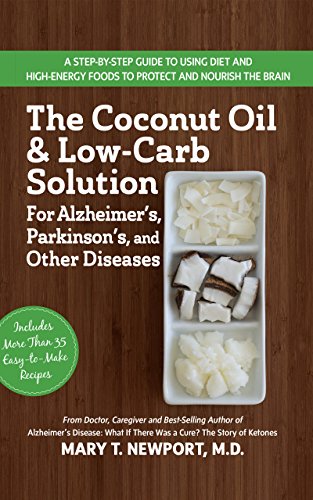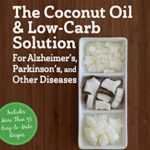 Alzheimer’s disease is an irreversible and incurable type of dementia that destroys thinking skills and memory, and ultimately the ability to carry out simple tasks. Studies suggest that more than five million Americans suffer from Alzheimer’s disease.
Alzheimer’s disease is an irreversible and incurable type of dementia that destroys thinking skills and memory, and ultimately the ability to carry out simple tasks. Studies suggest that more than five million Americans suffer from Alzheimer’s disease.
In most people who have Alzheimer’s, the symptoms appear in their 60’s. The life expectancy from the onset of the first noticeable Alzheimer’s symptoms is about seven years; however, some patients live more than 10 years after diagnosis.
The cause of Alzheimer’s is unknown and there is no available treatment that can reverse or halt its progression. There are numerous theories about its cause including one that proposes the underlying mechanism of Alzheimer’s is the starvation of brain cells due to deprivation of glucose.
Is it Possible to Reverse Alzheimer’s with Coconut Oil?
Can coconut oil help Alzheimer’s? Coconut oil is highly saturated and unlike unsaturated oils, it’s very stable and not prone to free radical formation or oxidation.
A study published in the official journal of the EFIM (European Federation of Internal Medicine), the European Journal of Internal Medicine notes that Parkinson’s disease, amyotrophic lateral sclerosis (ALS) and Alzheimer’s disease are all linked to mitochondrial dysfunction. Moreover, a study that was published in 2010 shows that a diet that’s enriched with coconut oil offered strong benefits for protection against oxidation stress in mitochondria.
 Coconut Oil and Low-Carb Solutions for Alzheimer’s, Parkinsons and Other Diseases.
Coconut Oil and Low-Carb Solutions for Alzheimer’s, Parkinsons and Other Diseases.
Besides the study referenced above, much research is being uncovered on the benefits of HDL (High-density lipoprotein) cholesterol levels. In February 2010, the American Journal of Cardiology showed that men with higher HDL levels were more likely to live longer and reach the age of 85.
In order to maintain high HDL cholesterol levels its essential to incorporate sufficient amounts of saturated fats in your diet. Therefore, people suffering from neurological disorders and deficiencies should consider adopting a diet that is rich in saturated fats. This is in contrast to the popular mainstream advice for low fat diets that may cause most of the late-in-life diseases and complications.
Another great benefit of the saturated fat in coconut oil is its ability to provide an alternative source of energy and nourishment to the brain in the form of ketones. The body produces ketones while in starvation or fasting, but these high energy fuels can also be produced through the conversion of medium chain fatty acids in some foods.
The richest source of MCTs (medium chain triglycerides) is coconut oil. A study that was done in 2004 extracted MCTs from coconut oil and made a drink that was given to people suffering from Alzheimer’s while the control group was given a placebo. Increases in the levels of beta-OHB (ketone body bata-hydroxybyrate) when cognitive tests were administered 90 minutes after treatment. Moreover, higher levels of ketones were associated with improvement in paragraph recall across all subjects relative to subjects who were given a placebo.
How does coconut oil affect the body and mind?
When using coconut oil for Alzheimer’s disease, it’s recommended that you use non-hydrogenated, cold-pressed, virgin coconut oil in order to enjoy the best results. Coconut oil is free of trans-fats and cholesterol, and offers numerous benefits besides improving brain health. These benefits include; improving the use of insulin, acting as a natural antibiotic and antioxidant, boosting thyroid function which results in increased energy and increasing good cholesterol (HDL).
Some more Great Reads!





